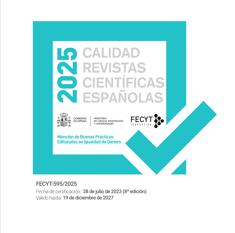Rethinking and relocating positions: A proposal to reduce tensions in research practice
DOI:
https://doi.org/10.15257/ehquidad.2015.0006Keywords:
Role of the Researcher, Conflict, Research Practices, Otherness, Academia.Abstract
In this article, we underline the role played by academia in the production of ‘research subjects’ and in the dissemination of particular ideologies. These ideologies, disguised in archetypes of scientific objectivity, lead to the development of imperatives in terms of the ideal practices employed in conducting social research.We argue that these imperatives end up leading to tension and conflict during the process of carrying out fieldwork and that they are, in effect, the product of ideological vacuums upheld within power relations. As ethnographers, our work is affected by such power relations which, among other things, imply a hierarchical classification of knowledge. Such is the case with the expert-subject dichotomy, or the distortion and deformation of our research projects as a result of having to yield to the pressure and demands imposed in academia.In response to this situation, we argue for reform; the role of the researcher must be redefined within research, in accordance with their emotions and areas of interest, given that this could act as a starting point for resolving the aforementioned conflicts.Downloads
Download data is not yet available.
Downloads
Published
2016-05-29
How to Cite
Escudero Zabala, L., & Pérez Sanz, P. (2016). Rethinking and relocating positions: A proposal to reduce tensions in research practice. EHQUIDAD. INTERNATIONAL JOURNAL OF WELFARE AND SOCIAL WORK POLICIES, (3), 131–157. https://doi.org/10.15257/ehquidad.2015.0006
Issue
Section
Artículos












